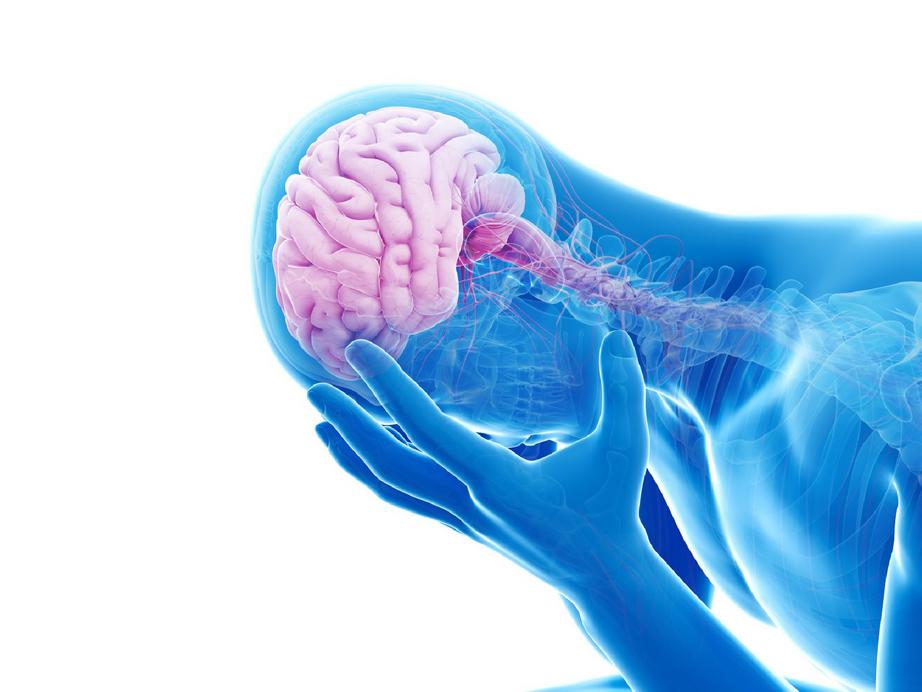Depression changes structure of the brain, study suggests
Changes in the brain's structure that could be the result of depression have been identified in a major scanning study.
Alterations were found in parts of the brain known as white matter, which contains fibre tracts that enable brain cells to communicate with one another by electrical signals.
White matter is a key component of the brain's wiring and its disruption has been linked to problems with emotion processing and thinking skills.
The study of more than 3000 people - the largest of its type to date - sheds light on the biology of depression and could help in the search for better diagnosis and treatment.
Scientists at the University of Edinburgh used a cutting-edge technique known as diffusion tensor imaging to map the structure of white matter.

A quality of the matter—known as white matter integrity—was reduced in people who reported symptoms indicative of depression. The same changes were not seen in people who were unaffected.
Depression is the world's leading cause of disability, affecting around a fifth of UK adults over a lifetime. Symptoms include low mood, exhaustion and feelings of emptiness.
Experts say the large number of people included in the sample—3461—means that the study findings are very robust.
Participants were drawn from UK Biobank, a national research resource with health data available from 500,000 volunteers.
The study forms part of a Wellcome Trust initiative called Stratifying Resilience and Depression Longitudinally (STRADL), which aims to classify subtypes of depression and identify risk factors.
Heather Whalley, Senior Research Fellow in the University of Edinburgh's Division of Psychiatry, said: "This study uses data from the largest single sample published to date and shows that people with depression have changes in the white matter wiring of their brain.
"There is an urgent need to provide treatment for depression and an improved understanding of it mechanisms will give us a better chance of developing new and more effective methods of treatment. Our next steps will be to look at how the absence of changes in the brain relates to better protection from distress and low mood."
The work—published in Scientific Reports—was carried out in collaboration with the University of Glasgow.
Journal reference: Scientific Reports
Provided by: University of Edinburgh

